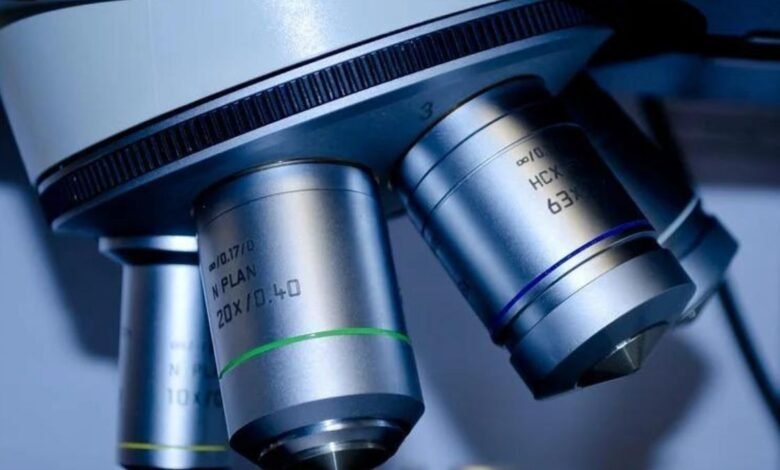Jaw bone cancer, trauma-hit patients could find new hope in novel Nanotex Bone

Amrita Vishwa Vidyapeetham’s Nanotex Bone graft gets Central Drugs Standard Control Organization nod for pilot clinical trial
A path-breaking innovation has been made into effect by the India-based Amrita Vishwa Vidyapeetham, with scientists at its Amrita Center for Nanosciences and Molecular Medicine (ACNSMM), Amrita Institute of Medical Sciences (AIMS) and Amrita School of Dentistry (ASD), Kochi, jointly developing a novel bone graft. The bone graft, termed Nanotex Bone, is expected to go a long way in the treatment of patients who have lost part of their mandibular bone due to cancer or trauma.
The Amrita Vishwa Vidyapeetham has been granted approval by the Central Drugs Standard Control Organization (CDSCO), Directorate General of Health Services, Ministry of Health and Family Welfare, to conduct pilot clinical trial of the Nanotex Bone. The project was funded by Department of Sciences and Technology in the initial lab phase and then by BIRAC, Government of of India, for the translational large animal testing and regulatory testing phases.
Nanotex Bone – first of its kind
The product provides a first of its kind solution for patients who lose part of their mandibular bone due to cancer or trauma. It can also accept tooth implants so that patients can lead a close to normal life after losing a portion of the oral cavity bone. The product is a first of its kind in the world and the is patented.
The Nanotex Bone graft will come of use in mandible augmentation, wherein around 60 percent of the population affected with jaw bone cancer will be benefited. The method will not add high cost to the treatment, but tremendously increase the quality of the life of patients.
Oral cavity cancers account for second most incidence (10.3%) with 1,35,929 new cases and 8.8% mortality. The International agency for research on cancer has predicted that India’s incidence of oral cancer will rise to more than 1.7 million in 2035 due to increased usage of tobacco chewing. Cancer Statistics in India (2018) shows oral cancer as the leading cause of mortality in men, and it is responsible for 25% of cancer-related deaths. In addition to cancer, road traffic accidents are common in India, wherein orofacial trauma can occur, of which 50% of the population undergoes reconstruction surgery.
Development process took 10 years
Significantly, this is also the first time that any university in India has developed its own medical device product and has been approved for conducting its own clinical trial by the Government of India. Amrita Vishwa Vidyapeetham has seven campuses, at Amaravati, Amritapuri, Bengaluru, Chennai, Coimbatore, Kochi, and Mysuru.
The clinical trial will be conducted at the Amrita Institute of Medical Sciences and Amrita School of Dentistry. No other educational institution in India has a GMP facility for manufacturing medical implants and nanomedicines and is also directly associated with a hospital, said an Amrita Vishwa Vidyapeetham source.
The bone graft development to clinical trial took almost 10 years, with the support of many outstanding scientists, doctors and students. The students were involved in different stages of material development like design and development, in vitro studies, small and large animal studies, regulatory and validation studies, and Good Manufacturing Practices production.



